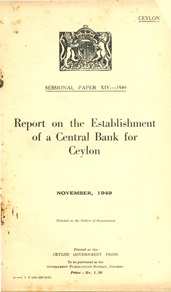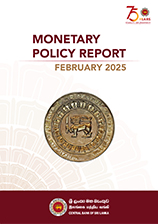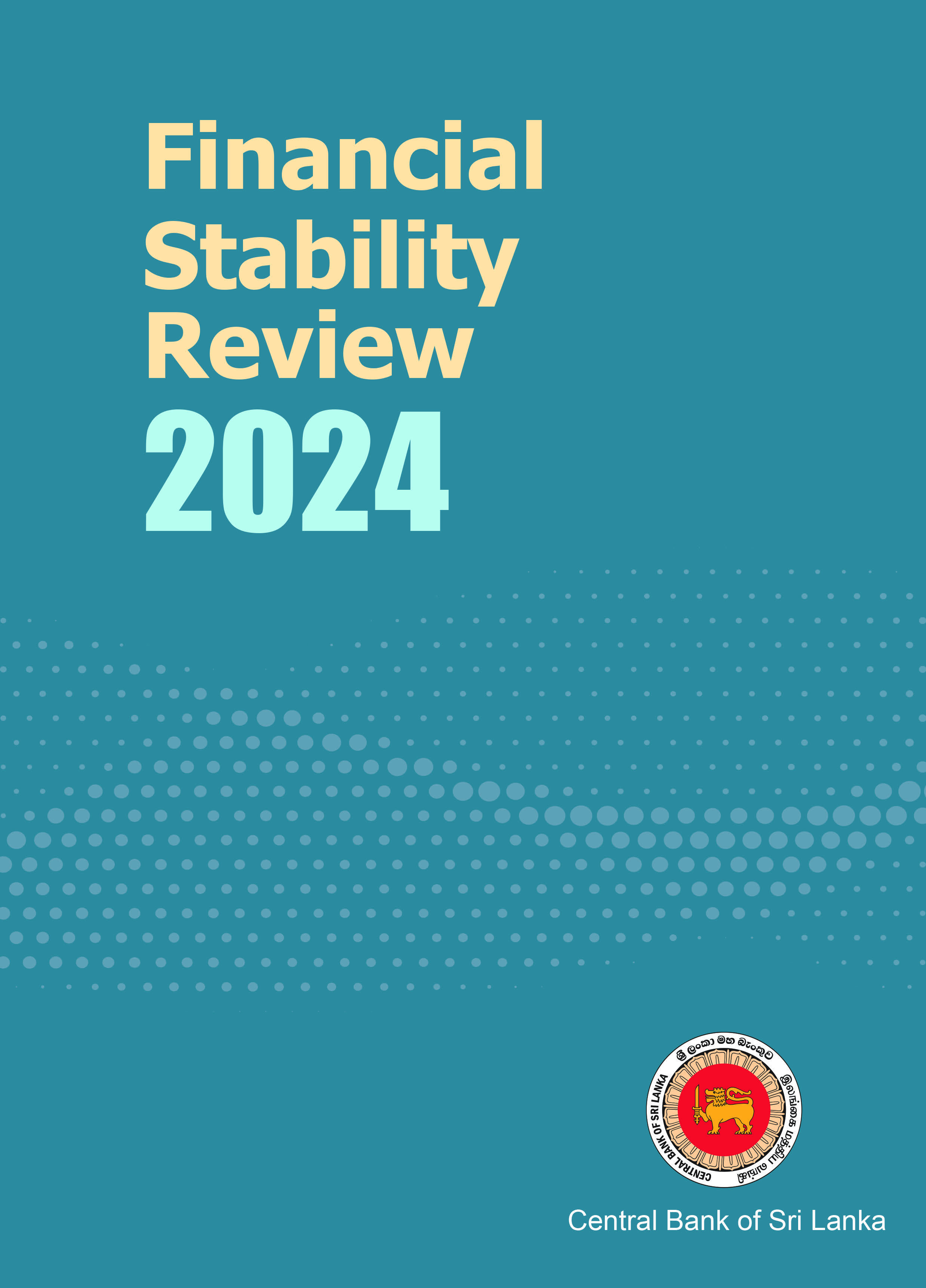Nestling the commercial and administrative capital of the country, Western province continued to be the forerunner of the economy. However, its share declined, contributing to narrowing of regional disparity.
Western province secured the largest share (39.1 per cent) of the country’s nominal GDP. However, due to improved contribution from the other provinces, the share declined by 0.5 per cent from 2018. Central (11.5 per cent) and North Western (10.7 per cent) provinces were ranked at second and third positions, respectively.

















